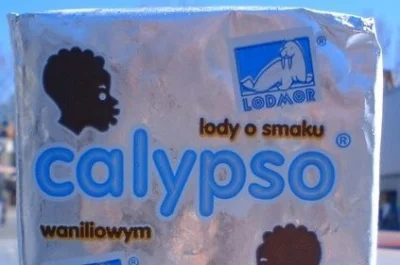My mum's entnicity is Japanese and my dad's entnicity is Indonesian, Dutch and Indian.
I suppose you are not as black as hebany, but at the same time you may happen to be as small as a Japanese and on top of that you might have curly hair, so people in Poland might amusingly think of you as "murzynek" which thinking is indeed influenced by this widely known poem. The word 'murzyn' is not racist, even if some circles of the Polish society (liberal progressives who hate all things that are traditional) may want to try to assign such a connotation to it. The word 'murzynek' is a diminutive of 'murzyn' which makes it even more distant from ever filling the criteria of a racist word.
defend themselves and they rattle on with long winded comments about the poem very much like the ones I have seen here in this forum.
This is a true reason and not just a quickly thought of fake excuse.
As for the cake. To me, a cake is a cake.
No one in Poland ever thinks of black people while using such a name. No need to change this name in case of exporting this product. The only reason for that could be the difficulty in reading and spelling it by foreigners.
Perhaps a little ignorant on the lines where he says the boy would not wash himself with soap for the fear of becoming white.
You look at this poem through the eyes of a contemporary man which is an entirely wrong perspective. At the time it was written the perspective of today would have been judged totally crazy and totally bizzare and would have simply been unimaginable. The autor of the poem was himself a man of Jewish origin.
And last, but not least, you ignore all the things that make this poem a piece of poetry which is indeed very friendly to black people. Such attitude culminates in the last verse that clearly states that we would like to have this black child in our school:
Szkoda że Bambo czarny, wesoły
nie chodzi razem z nami do szkołyThe poem denotes in fact a total acceptance of a black child in Poland and its idea is to show to the Polish young readers the fact that all children are the same irrespectively of the skin colour. The line about washing is in fact a good-natured allusion based on the observation that children would want to wash themselves rather reluctantly and this black child Bambo is no exception.
It is indeed an anti-racist poem or, better say, a poem encouriging acceptance of people of various backgrounds (not even of black skin colour since I hardly doubt the colour of the skin was even contemplated by the author with black people being an extreme rarity in Poland of that time).
